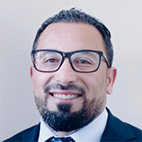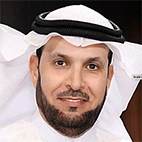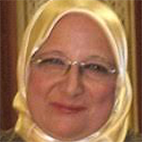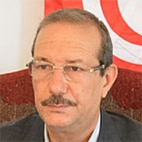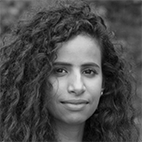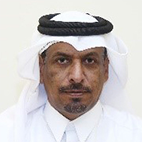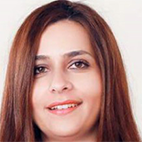Discussions will be held in Arabic.
The Coronavirus pandemic has affected every aspect of life, from closing schools, shops, and halting everyday life in nearly every corner of the globe. While the political and economic consequences are stark, the effect of the pandemic on family life although less clearly studied, is certainly as important.
Family, the basic building block of society, merits special attention during these times, especially using a comparative lens. While some families may have sufficient resources to become closer during lockdowns (some version of which has been imposed at some point in nearly every country), other families have experienced job loss, social isolation, depression, and ambiguity about the future that will likely not be resolved for many years.
Consequently, it is crucial to examine how family life has changed during the pandemic and explore how these changes will likely influence future government policy and programming. Dr. Anis Ben Brik, associate professor and founding director of the Program for Social Policy and Evaluation Research (PROSPER) has assembled a team of global experts and international partners including the United Nations Department of Economic and Social Development, 10 universities, and 11 NGOs, who together have collected data from 72 countries from North America, South America, Africa, Europe, Asia, Oceania, and the Arab region. The data provides a unique window into the commonalities and differences in how families both shaped and were shaped by the pandemic on every continent, across all income and education levels, and for all age groups. Topics range from child health and anxieties to routines and social interactions. There is information on adult depression, relationship quality, and parenting practices. Additionally, respondents were asked about family customs and closeness as well as whether they supported a variety of proposed government interventions to deal with the consequences of the virus. In short, there is rich data which is ready to be brought to bear on a slew of pressing global issues facing the family as well as inform academic and public discourse on families moving forward.
The goal of the webinar is to bring together a panel of academics and experts to discuss the impact of the pandemic on families and children in the Arab region.
The webinar will cover 120-minute sessions, each focusing on the following topics:
- Mental health of parents and children
- Children’s well-being
- Marital satisfaction
- Parent-child relationship
- Family resilience, coping, and policies
Speakers
Co-organizers |
|
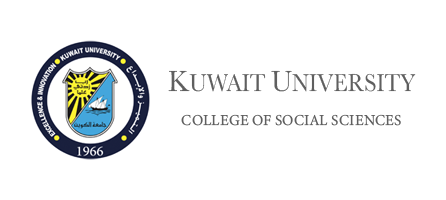 |
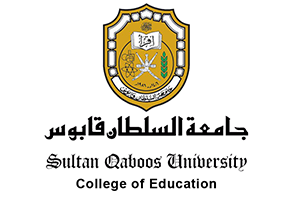 |

